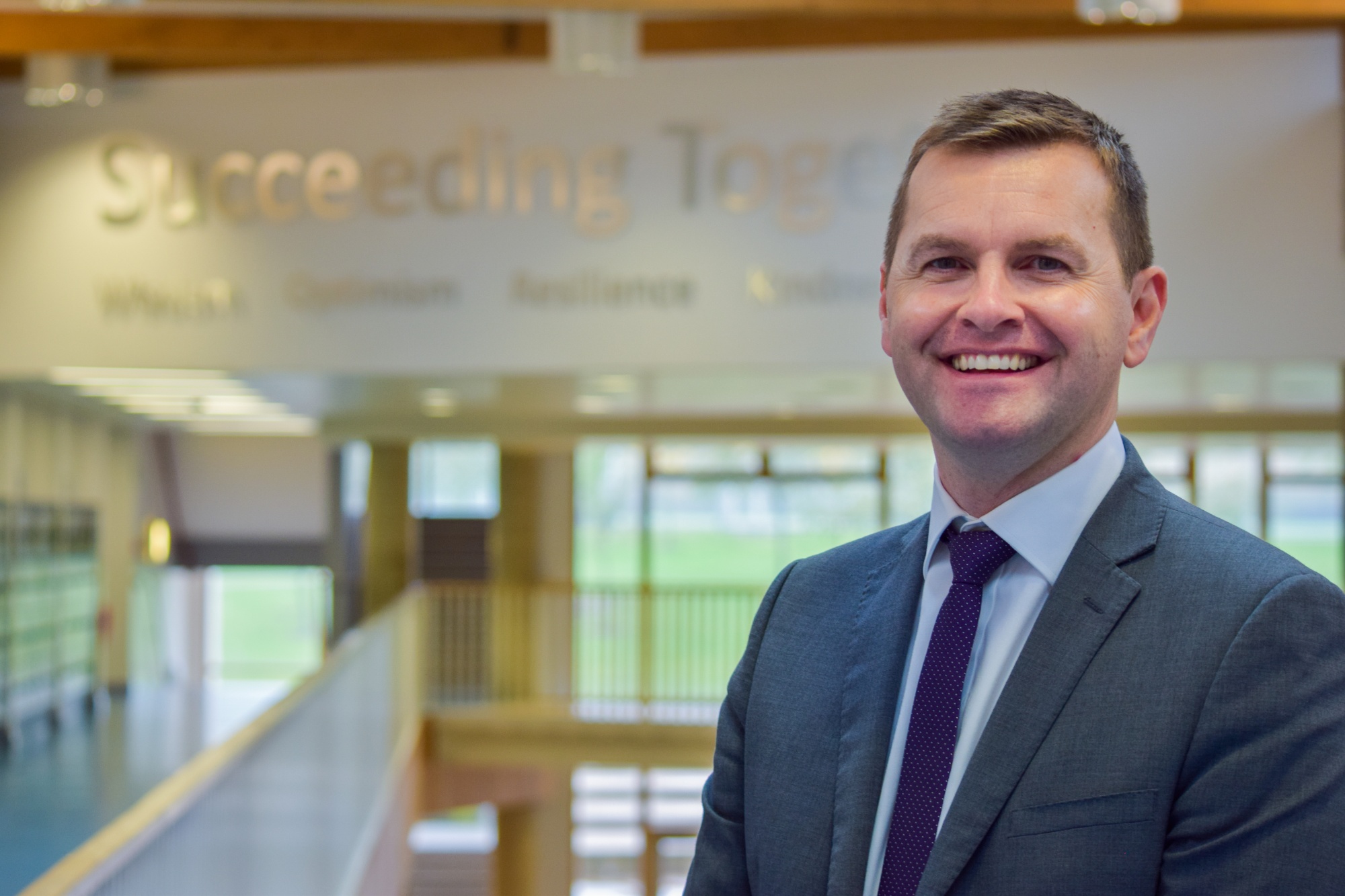
Yannick Noah's Joyous Paternity: A Critical Exploration of the Complexities
Introduction
Yannick Noah, the legendary French tennis player, recently welcomed his sixth child at the age of 64, making headlines worldwide. The adorable photo debut of the newborn has sparked a wave of interest and discussion about the complexities of late fatherhood.
Complexities of Late Fatherhood
While late fatherhood has become increasingly common in recent years, it presents several unique challenges. These include:
- Health Concerns: Advanced paternal age can increase the risk of certain genetic disorders in children, such as Down syndrome and autism.
- Physical and Energy Levels: As men age, their physical and energy levels may decline, making it more challenging to keep up with the demands of young children.
- Emotional and Psychological Readiness: Late fathers may have different perspectives and experiences compared to younger fathers, which can influence their parenting style and emotional connection with their children.
Perspectives on Late Fatherhood
The decision to become a father at an older age can evoke various reactions from society and individuals. Some perspectives include:
- Acceptance: Some societies and individuals may be more accepting of late fatherhood, recognizing the challenges and joys it can bring.
- Criticism: Others may criticize late fatherhood, arguing that it can be selfish or unfair to the child, who may experience a shorter relationship with their parent.
- Personal Choice: Ultimately, the decision to become a father at an older age is a highly personal one, influenced by individual circumstances and values.
Data and Real-Life Examples
Research has shown that late fatherhood can have both positive and negative implications. A study published in the journal Nature found that children of older fathers have a lower risk of childhood leukemia. However, another study in the journal JAMA Pediatrics linked late fatherhood to an increased risk of autism spectrum disorder.
Real-life examples of late fathers include Sir Mick Jagger, who welcomed a child at 73, and Robert de Niro, who became a father again at 68. These celebrities' experiences have highlighted the joys and challenges of late fatherhood, sparking public debate and offering insights into the topic.
Critical Analysis of Different Perspectives
The complexities of late fatherhood warrant a critical analysis of different perspectives. While some may argue that it is unethical to have children at an older age, others emphasize the potential benefits and the right of individuals to make personal choices about their reproductive lives.
It is important to consider the individual circumstances of each case, the health risks involved, and the emotional and psychological well-being of both the father and the child. A balanced perspective that acknowledges both the challenges and the potential rewards of late fatherhood is essential.
Conclusion
Yannick Noah's joyous paternity at the age of 64 has brought renewed attention to the complexities of late fatherhood. While it presents unique challenges, it also offers the potential for fulfilling experiences and parental love. By critically examining different perspectives, engaging with research, and considering real-life examples, we can gain a deeper understanding of this complex and multifaceted issue.
Ultimately, the decision to become a father at an older age should be a deeply personal one, made after careful consideration of individual circumstances, health risks, and emotional readiness. As society continues to evolve, it is crucial to approach this topic with empathy, understanding, and respect for the choices made by individuals and families.
Post a Comment